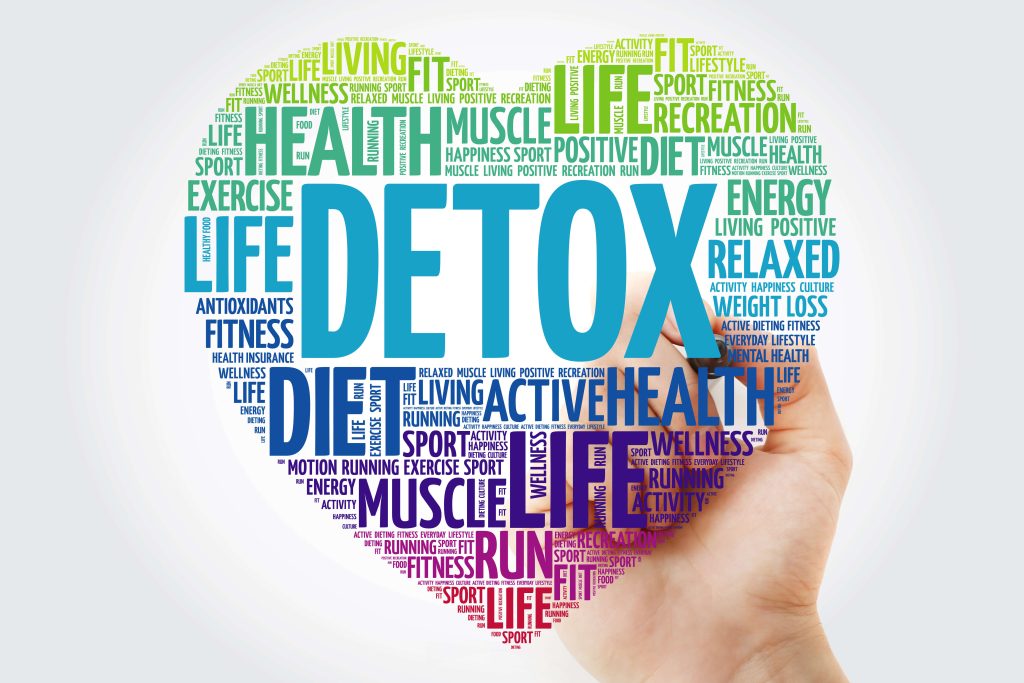Some underlying facts about preventing relapse
As soon as an alcoholic gets sober, they experience Post-acute Withdrawal Syndrome (PAWS). This phase is marked by memory lapses, difficulties in thinking, sensory deficits, lack of physical coordination, sleep issues, and emotional instability, which points to a common myth that everything will fall into place if an alcoholic gets sober. PAWS is the main trigger for relapses.
The idea that sobriety will cure all your ills is one of the most dangerous falsehoods in the myth-laden world of addiction. After two months or two years of sobriety, when everything hasn’t fallen into place as promised, recovering alcoholics may find themselves thinking: “Something must be wrong with me because I’m sober, but I’m definitely not enjoying myself.”
Family members, friends, and coworkers cannot figure out why the alcoholic continues to experience problems after months of sobriety. They often conclude that the ongoing symptoms are evidence of underlying psychological or emotional issues. Constant cravings for alcohol appear to confirm psychological theories about the alcoholic’s lack of willpower and moral resolve.

The risk of relapse
The danger, of course, is relapse. If the recovering alcoholic is anxious, frustrated, and emotionally unstable, has trouble thinking or sleeping, and continues to crave alcohol – and if they are surrounded by people who misinterpret the symptoms as evidence of immaturity, irresponsibility, or inability to cope with stress – the risk of relapse rises dramatically.
Relapses must not be interpreted as a symptom of weakness or inability to stay sober. All chronic (incurable) illnesses with some behavioural component – even socially acceptable, non-stigmatized diseases such as cardiovascular disease, diabetes, asthma – are characterized by relapse. The patient, in other words, doesn’t always follow the treatment plan. Diabetics relapse when they eat too many sweets or ignore blood sugar fluctuations; heart attack victims relapse when they stray away from their diet or sneak cigarettes; asthmatics relapse when they forget to use their medication; and alcoholics relapse when they let down their defences and experience and experience an overpowering craving for a drink.
Research shows that alcoholics have relatively high compliance rat4es (meaning they follow the prescribed recovery guidelines) compared to individuals with other chronic diseases.

Preventing relapse
Understanding why relapses occur can help prevent them. Staying sober requires a steady mindset – a way of thinking and behaving in which you remain ever conscious of the powerful influence the drug alcohol has on your body, mind, and spirit. The craving for alcohol does not suddenly disappear after a few days or weeks of sobriety, and it can return at any time, even after many years.
A recovering alcoholic describes the situations in his life that automatically elicit a craving for alcohol:
There are three times I still really have a craving to drink. One of them is on an aeroplane. I associate it with getting drunk. When I first started flying, I always drank. Another time is after I play golf. Last, when I’m done at work. My body, at times, still says, “All right, where’s the booze?” I’m flying from a meeting. My body is thinking, Where’s the booze at, man? We’ve got to go to sleep. In those three areas, it pops out like, “Am I going to drink or am I not going to drink?” But as long as I know what is going on, I can prepare myself.
A sudden craving for alcohol usually has a basis in some prior behaviour or experience or some physiological change such as illness or injury. If you know where these craving attacks come from and what situations are likely to create them, you can anticipate and protect yourself against them. At the very least, you can understand them.
Apart from 12 Step meetings and a fellowship sponsor, an addiction therapist is your best bet in preventing relapse.
When recovering alcoholics are taught and continually reminded about the neurological nature of craving and the mindset needed to combat the sudden urge for a drink, they can begin to think and act in ways that will protect them against the sudden, powerful, seemingly irrational urge for a drink.
If you or a loved one is struggling with addiction, please call us:
Freephone: 0800 140 4044
Local rate: 0300 330 3040



